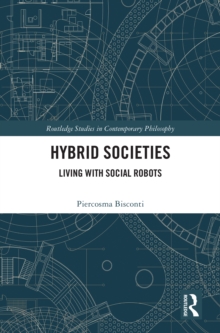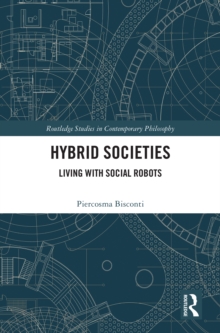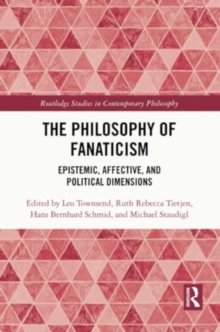
Philosophy, Expertise, and the Myth of Neutrality PDF
Edited by Mirko Farina, Andrea Lavazza
Part of the Routledge Studies in Contemporary Philosophy series
Description
This volume offers a new framework for understanding expertise. It proposes a reconceptualization of the traditional notion of expertise and calls for the development of a new contextual and action-oriented notion of expertise, which is attentive to axiological values, intellectual virtues, and moral qualities.
Experts are usually called upon, especially during times of emergency, either as decision-makers or as advisors in formulating policies that often have a significant impact on society. And yet, for certain types of choices, there is a growing tension between experts' recommendations and alternative views. The chapters in this volume critically assess the idea of whether possessing epistemic authority can automatically make someone's assertions necessarily more grounded than others. They not only evaluate the epistemological implications of this idea but also reflect on its ethical, socio-cultural, and political consequences. The interdisciplinary framework advanced across the chapters seeks to overcome certain limitations that underlie current models of expertise by adopting more inclusive and representative decisions that can improve the perceived neutrality of experts' decisions. Increasing neutrality means reducing cases in which an unidentified bias - be it a scientific one or not - puts any of the individuals involved in a specific public choice at a systematic disadvantage.
Philosophy, Expertise, and the Myth of Neutrality will appeal to scholars and advanced students working in epistemology, philosophy of science, philosophy of the social sciences, public policy, and sociology.
Information
-
Download - Immediately Available
- Format:PDF
- Pages:328 pages
- Publisher:Taylor & Francis
- Publication Date:29/03/2024
- Category:
- ISBN:9781040003237
Information
-
Download - Immediately Available
- Format:PDF
- Pages:328 pages
- Publisher:Taylor & Francis
- Publication Date:29/03/2024
- Category:
- ISBN:9781040003237










